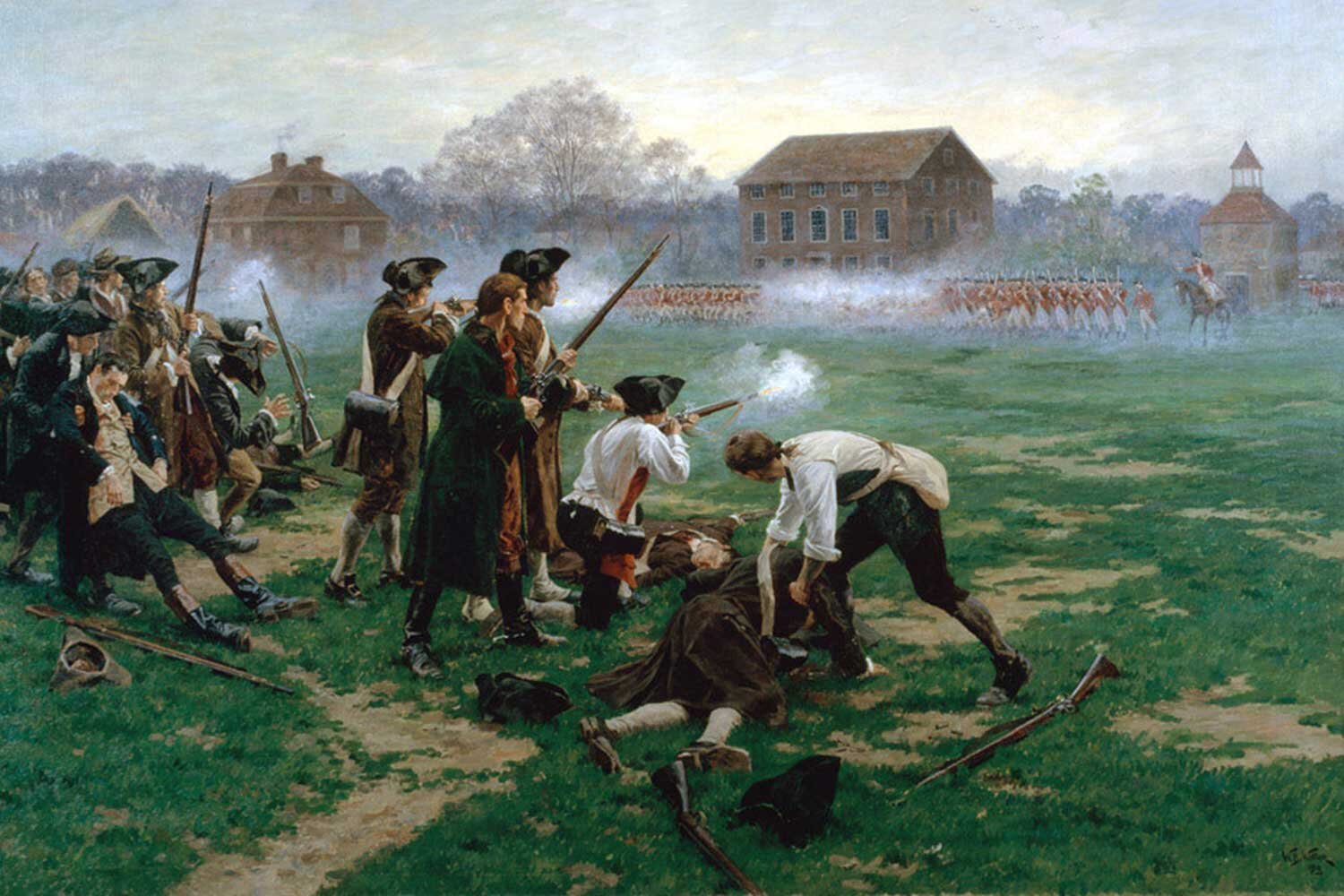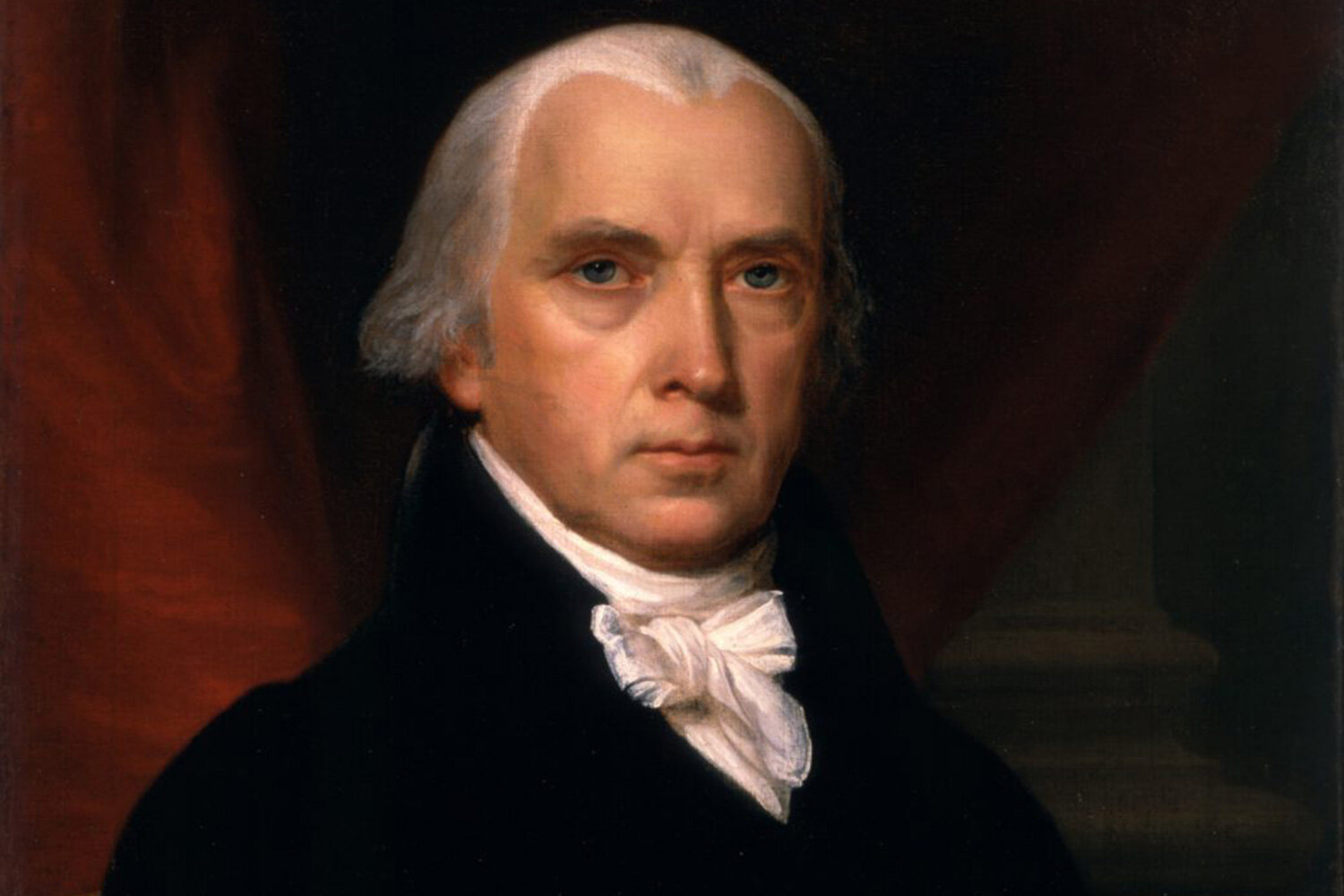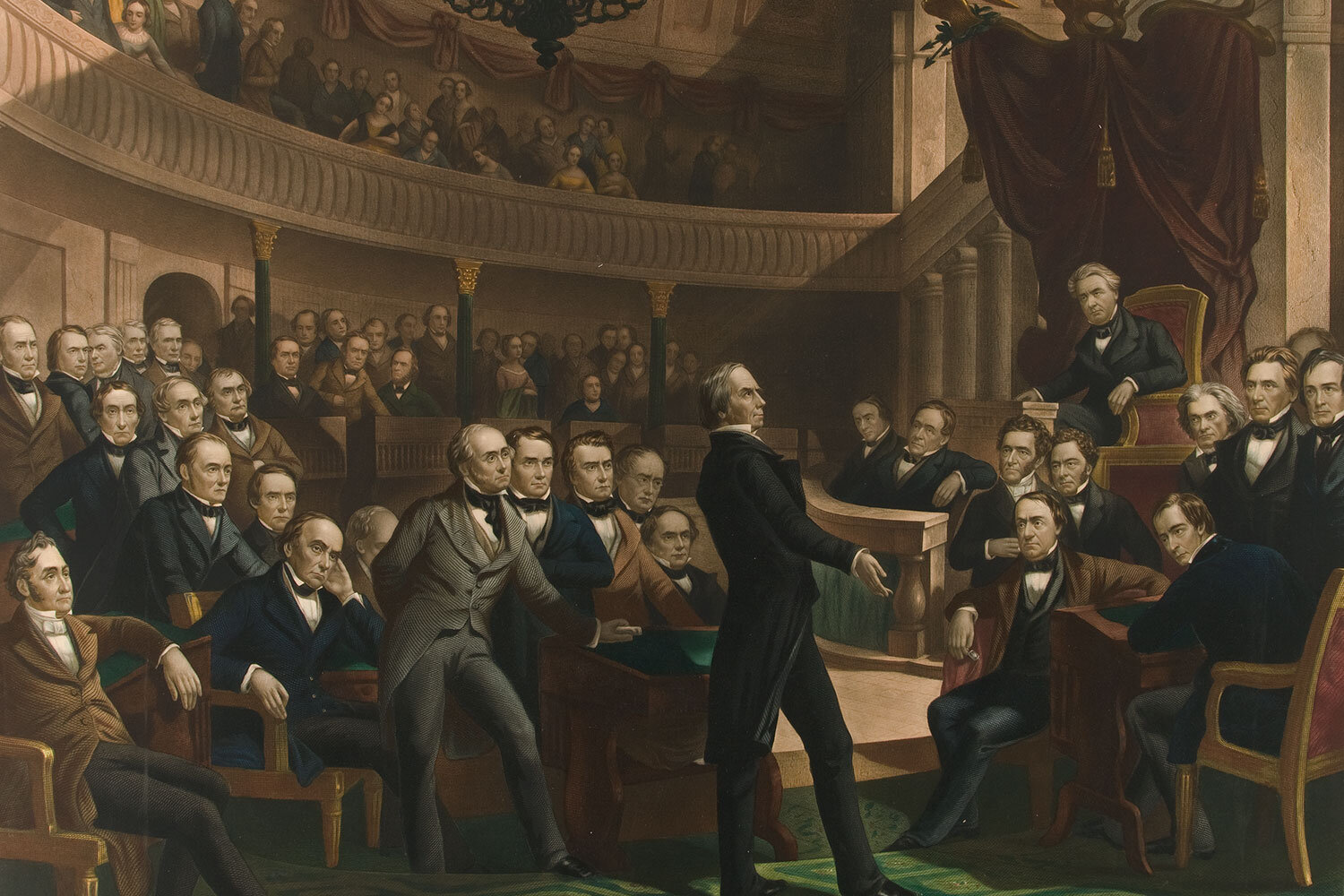

Innocent Until Proven Guilty: How the Fifth Amendment Protects You
The Fifth Amendment contains some of the most critical protections in the Constitution for those accused of crimes, safeguards that help keep a tyrannical government at bay. In total, it declares five separate but related rights to all citizens.

The Bill of Rights: The Fourth Amendment
The Fourth Amendment is the fundamental basis for every American’s right to privacy. These freedoms are some of the most important granted to us by the Constitution, giving credence to the idea that “a man’s home is his castle”. As basic as these rights appears to us today, it was a relatively new concept prior to our Revolution.

The Bill of Rights: The Third Amendment
This little-known amendment centered on a very important matter to our Founding Fathers, that of the people being forced against their will to house and feed soldiers and bear the costs. While this matter may seem trivial to us today, it was viewed quite differently in 1776.

The Bill of Rights: The Second Amendment
The Second Amendment is corollary to one of the most basic natural rights we have, that of self-defense. However, it has recently been the subject of great controversy. Becoming familiar with the history of this doctrine is critical to understanding it.

The Bill of Rights: First Amendment - Assembly and Petitioning
Beyond the freedoms of religion and speech we previously discussed, there are two other equally important rights granted to the people in the First Amendment that receive less fanfare. These are the rights to peaceably assemble and to petition the government to correct a wrong.

The Bill of Rights: First Amendment - Speech
The First Amendment clause forbidding Congress from “abridging the freedom of speech, or of the press” essentially means we can say and print what we want, to include making negative comments about the government. Prior to our Bill of Rights, this concept was unheard of.

The Bill of Rights: First Amendment - Religion
The First Amendment is arguably the most important one in the Constitution, as it encompasses six essential rights. It covers everything from religious matters to what we can say to how we can pursue grievances against the government.

The Bill of Rights: Debate
Soon after the proposed Constitution was circulated to the state legislatures for approval, it came under criticism for several supposed faults, but primarily for its lack of a bill of rights. The group opposing the new Constitution became known as “Anti-Federalists” and were led by George Mason of Virginia and Elbridge Gerry of Massachusetts.

The Bill of Rights: Background
The first ten amendments to the Constitution, better known as the Bill of Rights, are what allow us to enjoy many of the day to day blessings of our great country. Freedoms easily taken for granted are enshrined in these revisions to the original document. While the Constitution shaped our government; the Bill of Rights shaped our lives.

Our National Anthem
The Star Spangled Banner, our national anthem, is a beautiful song. It was written as a poem entitled “The Defence of Fort M’Henry” by Francis Scott Key on September 14, 1814, the day after a terrible bombardment of Fort McHenry in Baltimore Harbor by British forces in the War of 1812.

Our History of Divided Government
America has had two dominant political parties for most of its history. From Federalists versus Democratic-Republicans at our founding to Whigs and Democrats in the mid-1800’s to today’s Republicans and Democrats, two political parties have almost always vied for power in this country.

Creating the Constitution: Slavery
When the Founders met in Philadelphia in the summer of 1787 to frame a new form of government, one of the most troublesome questions was what to do about slavery. To understand their dilemma, we must first consider the world view of it at the time and the practical issues associated with its abolition in the United States.




